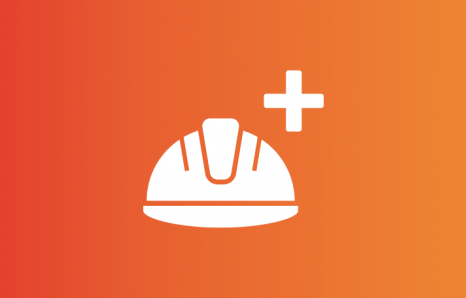We often use the term ‘health and safety’ but really, we only mean ‘safety’. We keep dropping our ‘H’s. And health is so integral to safety, sustainability and satisfaction! We want to get health on a par with safety – where it should be, and this session looks at how we plan to achieve this and provide examples of some specific work being undertaken at East Midlands Railway.
You may also be interested in:

RWL '23 preview - Wendy McCristal and Rupert Lown
Wendy McCristal and Rupert Lown discuss the importance of good mental health, especially for those in lone working roles. They talk about the health challenges especially faced by shift workers and how they can take control of their wellbeing while working long and irregular hours.

Building a peer-to-peer support network in your organisation
Nick Baddeley, Louise Mears and Fran Garvey-Fereday discuss the development, challenges, and implementation of a ‘Wellbeing Ambassador’ network within Network Rail. Based on their own experiences, they deliver a best-practice guide for all.

Driving occupational hygiene forward
The health of colleagues will always be a key priority of the rail industry. This session on occupational hygiene discusses long-term worker health protection and the focus for future projects and initiatives.
